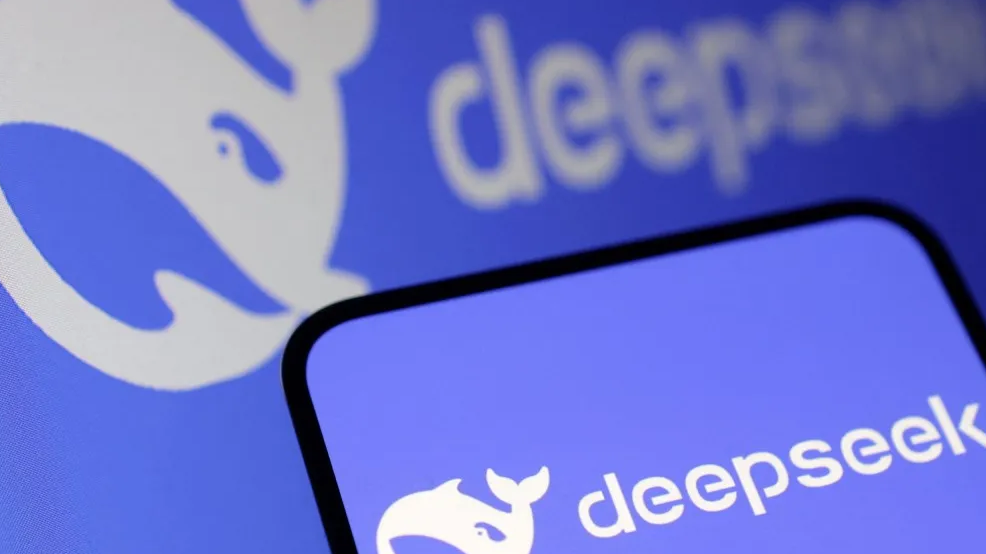When the Casting Industry Meets AI: How DeepSeek Infuses Traditional Manufacturing with Intelligent Innovation
2025-02-13 14:17:59 hits:0
Introduction
Casting, the cornerstone of the equipment manufacturing industry, permeates nearly every industrial sector, from automotive components to aerospace equipment. However, this traditional industry has long faced challenges such as inconsistent quality, high energy consumption, and complex processes. With breakthroughs in artificial intelligence (AI) technology, solutions like DeepSeek are bringing transformative changes to the casting industry. This article explores how DeepSeek leverages technology to address industry pain points and usher in a new era of intelligent casting.I. Core Challenges in the Casting Industry
The "Experience Dependency" in Quality Control
Defect detection relies heavily on manual experience, resulting in high rates of missed defects and scrap rates consistently ranging between 5%-15%.
The "Black Box" of Process Optimization
Hundreds of parameter combinations, such as melting temperature and pouring speed, are difficult to fine-tune, leading to high trial-and-error costs.
The "Reactive Maintenance" Dilemma
Unexpected equipment failures cause production halts, resulting in annual losses of millions.
The "Hidden Drain" of Energy Consumption
The melting process accounts for over 30% of production costs, leaving significant room for energy savings.
II. DeepSeek's Four Intelligent Solutions
1. Defect Detection: From "Human Eye Screening" to "AI Microscope"
Technology: Deep learning-based visual recognition systems trained on data covering over 20 types of defects, including porosity and shrinkage.
Impact: A automotive parts manufacturer achieved 99.3% detection accuracy and reduced labor costs by 70%.
2. Process Parameter Optimization: Decoding Trillions of Parameter Combinations
Dynamic Modeling: Reinforcement learning builds predictive models for parameter-performance relationships, recommending optimal parameter combinations in real time.
Case Study: A casting enterprise reduced the standard deviation of tensile strength by 42% and shortened process debugging cycles by 80%.
3. Predictive Maintenance: Equipping Machines with "Health Trackers"
Multi-Source Data Analysis: Integrating vibration, temperature, current, and other sensor data to predict failures up to 7 days in advance.
Value: A die-casting machine manufacturer reduced unplanned downtime by 65% and cut spare parts inventory costs by 30%.
4. Energy Optimization: The "AI Energy Saver" for Melting Furnaces
Digital Twin + Real-Time Control: Creating a digital mirror of the melting process to dynamically adjust parameters like air-fuel ratio and feeding speed.
Results: A pilot project reduced energy consumption per ton of castings by 12%, saving over 2 million RMB annually.
III. Roadmap for Intelligent Transformation
Three-Step Progressive Upgrade
Step 1: Data collection from key equipment (installing IoT sensors).
Step 2: AI pilot projects for single-point scenarios (e.g., defect detection modules).
Step 3: Full-process intelligent decision system deployment.
Deep Integration of Industry Know-How
Collaborating with process experts to build a casting knowledge graph, transforming over 200 years of industry experience into AI-understandable rules.
Lightweight Deployment Solutions
Supporting edge computing devices for localized operations, addressing poor network conditions in casting workshops.
IV. Future Vision: From "Manufacturing" to "Smart Manufacturing"
2025 Outlook: AI-driven unmanned casting workshops with over 90% full-process automation.
Technology Convergence Trend: AI + digital twin + 5G enabling remote process control, allowing experts to "adjust" molten metal flow in virtual environments.
- Conclusion
- DeepSeek is proving that AI is not just a futuristic concept but a practical productivity tool rooted in the workshop. For casting enterprises, intelligent transformation is no longer a question of "if" but "how quickly." As 1400°C molten metal meets algorithms, the evolution of traditional manufacturing has only just begun.

 en
en  fra
fra  de
de  ru
ru  gle
gle  th
th  ara
ara  it
it  jp
jp  kor
kor  zh
zh 



